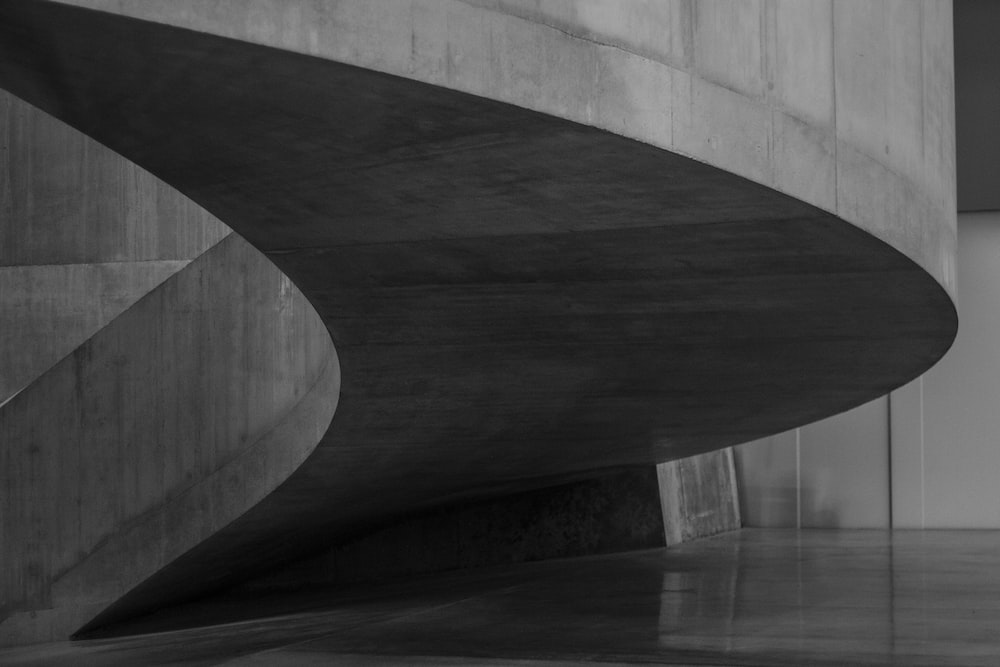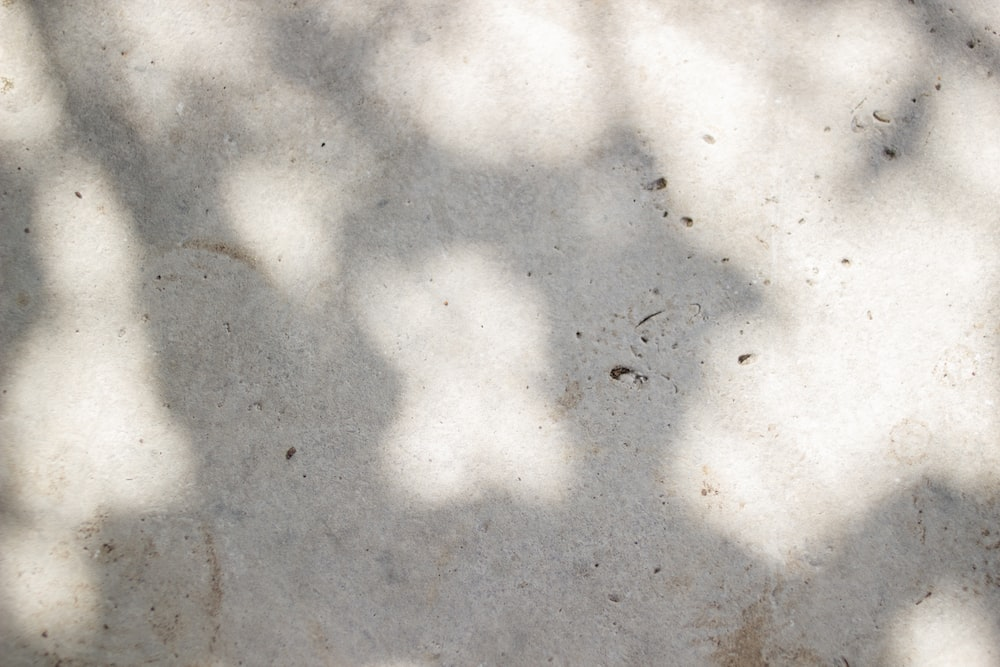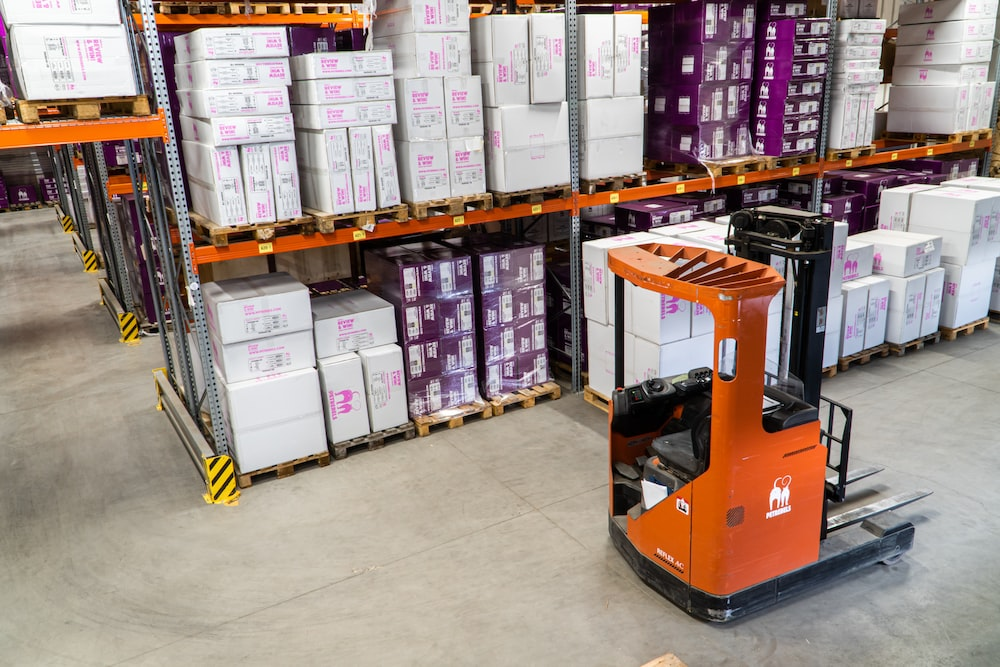Concrete is the most durable and versatile component for building any commercial or residential structure. As a result, it has long been the most popular choice for builders throughout the world. Everything from the floor to the walls can be made from concrete, and it will last for years, if not decades.
However, that doesn’t mean concrete doesn’t take any damage or displays signs of wear and tear after a few years of use. Among the many elements that are made of concrete, it’s the floor that usually takes the most damage. To protect it, you will need concrete floor coating, and the professionals at Steel Coated Epoxy Floors explain why.
Why You Need a Concrete Floor Coating?
There are many reasons you should get concrete floor coating.
1. Concrete Corrodes
Concrete flooring is reinforced and promises high structural stability due to the steel bars inside the floor. However, these steel bars can cause problems later on. The steel should remain protected from rust, but chemicals can seep into it, and even chloride ions from de-icing salts can reach it, causing corrosion. Corrosion is a common cause of concrete damage. Other chemicals, such as gasoline, oil, and household chemicals, can penetrate the concrete and damage it from underneath. It requires a concrete floor coating to protect it from damage. In addition, one in three garages isn’t used for cars. Instead, they’re used for storage or as workshops. If you’re using it as the latter, it’s likely exposed to different chemical compounds. The concrete floor in such a garage will corrode faster.
2. Concrete Gets Overloaded
Around 93% of homeowners use their garages as storage, but the concrete floor bears the burden of heavy equipment, numerous cabinets, foot traffic, etc. Concrete slabs have an average of 1.5 kN/m2 standard load capacity in most residential structures. Therefore, it’s integral that you check the load-bearing capacity of the concrete in your home before placing heavy objects on it.
However, many people don’t because they believe in its durability. This can lead to concrete taking more load than it can bear and becoming damaged.
3. Heat Damage
As strong as concrete is, it’s not immune to heat damage. Concrete floors in places such as glass factories and manufacturing companies have machinery that reaches high temperatures. Concrete will start to deteriorate after being exposed to 150-200°F of heat. Concrete loses its stability because heat lowers the elastic modulus and the water-cement ratio. Heat will also cause thermal expansion, which leads to concrete becoming dehydrated. A concrete floor coating that can withstand heat will protect concrete from degrading, such as an industrial-grade epoxy floor coating.
4. Concrete Cracks
Concrete floors, if installed properly, can be the most durable and long-lasting option. Nevertheless, it’s not unheard of for construction companies to fast-track projects to get them done on a deadline or use subpar materials to cut corners. This leaves cracks in the concrete, and even that has multiple reasons.
- There may be excess water in the mix. Every 100 pounds of cement requires 20 pounds of water. However, much of the concrete used in domestic structures has too much water to make it easier to install. The concrete hardens as it dries and then shrinks. The excess water causes more shrinkage.
- As many contractors rush the concrete pouring process, they pour concrete with the wrong strength. As a result, it doesn’t carry a heavy load well, and a concrete floor coatingmust be added to enhance its strength.
- The rapid drying of the concrete causes it to go from a liquid to a solid state and increases the risk of cracking. The reaction can occur over days or weeks.
5. Lack of Control Joints
Control joints in the concrete are extremely important. They help the concrete crack where we want it to, and uncontrolled shrinkage happens when they’re not cut into the slab. Numerous cracks appear at intervals. This can be controlled with pre-planned control joints. Unfortunately, many homeowners don’t realize their concrete lacks it until the cracks appear. After which, they’re left with the choice to get the complete floor redone or get a concrete floor coating. A coating can be more affordable. For example, epoxy floor coating can average $3 to $12 per square foot, including the installation (Note: this can vary depending on the manufacturer’s epoxy used, and it doesn’t include material and equipment cost).
Types of Concrete Floor Coating
There are several concrete floor coating materials on the market. Some of the most popular include the following options:
- Epoxy Floor Coating:The system is made of epoxy resin and polyamine hardener that engages in a chemical reaction to form micro-level links as it cures. It leaves a hard plastic coating that protects the concrete from chemical and moisture damage and strengthens it considerably.
- Polyurethane Floor Coating:It is a thermosetting polymer and has a similar look to epoxy floor coating. However, it’s more elastic and softer. It’s suitable for places with moderate foot traffic.
- Polyaspartic Floor Coating:This coating is a two-part system and can be used as a flooring system or as a top coat.
The Best Epoxy Floor Coating For Your Concrete Floors
Concrete is prone to damage, which is why it needs a layer of protection. Epoxy floor coating is one of the best ways to coat your concrete and make it last longer. However, any concrete floor coating should always be done by professionals.
If you’re looking for epoxy floor contractors, check out Steel Coated Epoxy Floors. We offer commercial and residential coatings, both with a lifetime warranty. You can also get our steel-coated epoxy floors in areas such as Draper, Layton, Las Vegas, and Prescott.
Contact us for more information on our services.





